The case for Zero Waste
At the heart of Singapore’s rapid development lies an inconvenient question: Is it sustainable?
Resources around the world are being used up far faster than they are replenished, and the burning of fossil fuels has caused the build-up of greenhouse gases and rising global temperatures.
As the global community shifts towards low-carbon economies to ensure a sustainable future, Singapore plays our part by following three key principles:
-
First, economic development, environmental protection and social inclusion are equally important
-
Second, everyone must work together to achieve the best outcome
-
Third, plans and policies should be focused on the long term and cater to the local context, with an integrated approach to achieve better synergies and resource efficiencies
These principles have guided our policies on waste management, and will continue to do so as we confront environmental challenges such as climate change and a growing worldwide waste problem.
CLIMATE CHANGE – AN EXISTENTIAL THREAT
Climate change has altered weather patterns, affected food and water supplies and caused rising sea levels. As a low-lying island citystate, it is an existential threat for Singapore.
Climate change has made our tropical country even warmer, and brought about longer dry spells. And when there is respite from the scorching heat, the rainfall is more frequent and intense.
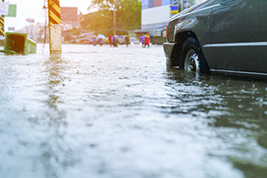
Such erratic weather patterns will only worsen resource constraints and supply shocks worldwide, in turn giving rise to crises like food shortages – a serious concern for Singapore where 90% of food products are imported.
OUR THROWAWAY CULTURE
Leaving behind a half-eaten plate of rice, discarding a shirt worn only once, or throwing away a plastic bottle or two everyday – these seemingly harmless, and even common actions, are creating a mounting waste problem across the globe.
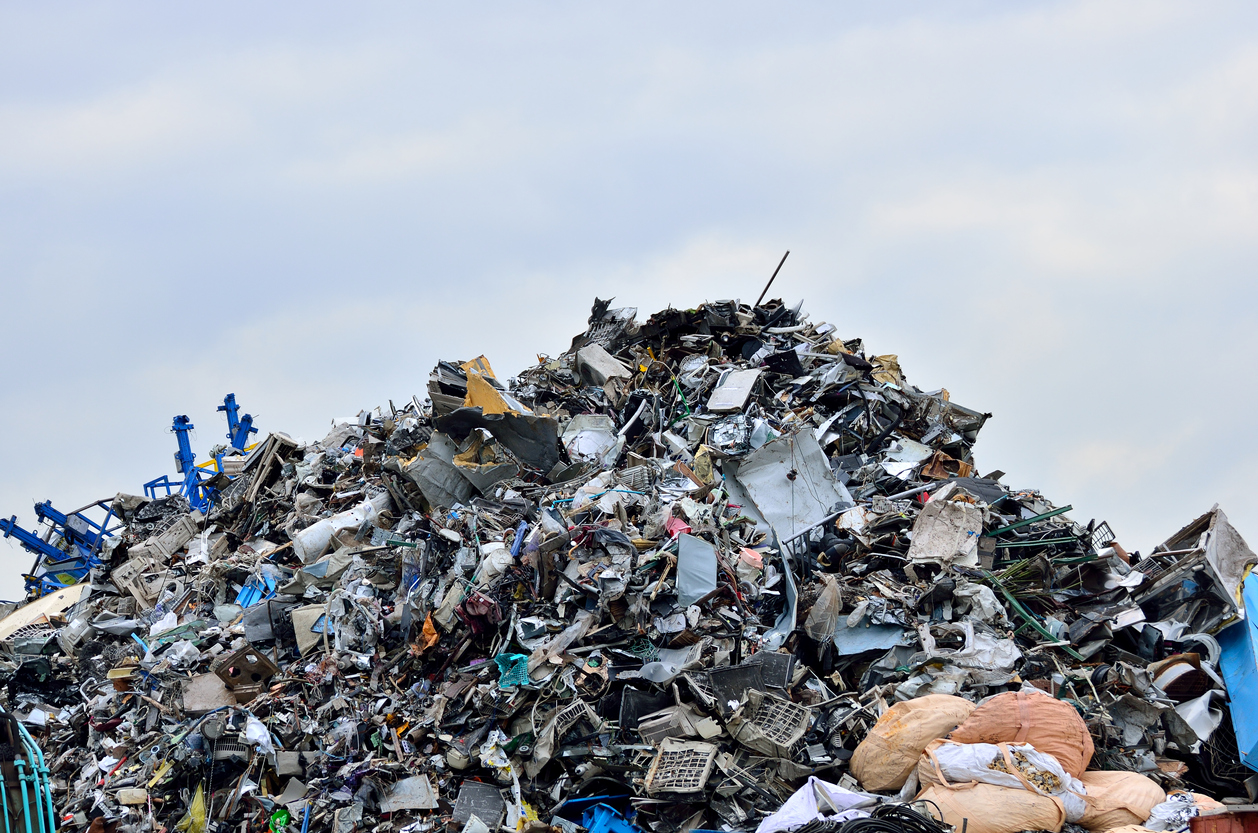
The world’s population continues to swell, projected to hit almost 10 billion by 2050. This, along with economic growth, increasing urbanisation and rising affluence, has placed pressure on all forms of resources. The “take, make and dispose” way of consumption – also known as the linear economy model – is no longer sustainable.
The global recycling landscape is also facing challenges. Some countries are introducing stricter requirements on the import of scrap materials for recycling. This has left other countries unprepared to treat their own recyclables.
At home, Singapore has a waste collection and disposal system that is efficient at clearing our waste through incineration. However, at current waste disposal rates, we would need to build a new incineration plant every 7 to 10 years. By 2035, the ash generated from incineration may have nowhere to go as Singapore’s only landfill, Semakau Landfill, is projected to run out of space by then. This compels us to drastically cut the amount of waste we throw away to conserve it for as long as possible.
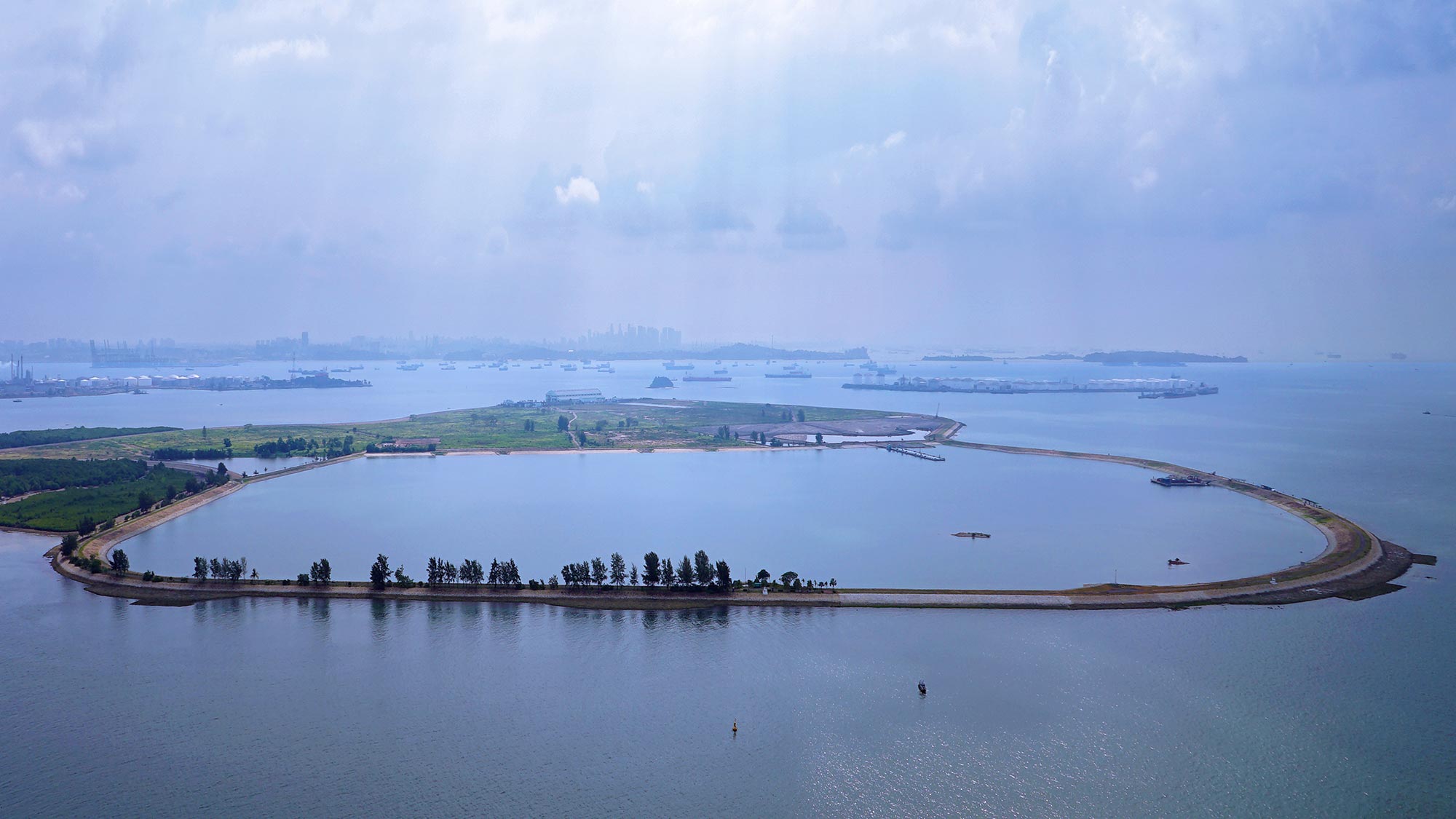 Semakau Landfill
Semakau Landfill
SEIZING OPPORTUNITIES IN SUSTAINABILITY
Even though climate change and growing resource constraints are key challenges for Singapore, we can turn these challenges into opportunities.
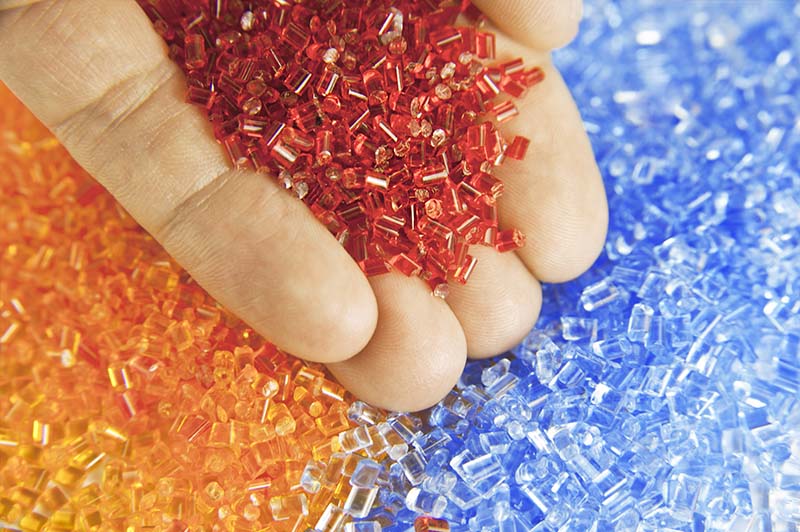
Technological advances have allowed us to explore solutions to problems that were previously thought impossible to overcome. Through chemical recycling, some plastics can now be upcycled back to their original building blocks, allowing them to re-enter the production cycle as if they were virgin plastic. The treatment of incineration bottom ash has also opened doors to using it as an alternative material in construction, potentially replacing the need for sand.
At the same time, businesses and citizens are developing a growing awareness of the need to do their part for the environment. More citizens are channelling their energies towards driving change from the ground up, while businesses are incorporating sustainability into their business models, in ways that benefit both the environment and the economy. These new business models will create new, good economic opportunities and jobs for the future economy. One such area is in e-waste recycling, where valuable precious metals are recovered from waste, turning trash into treasure.
There has been a shift towards sustainable growth on the global stage as well, with world leaders recognising the need to act. In 2015, world leaders adopted the 2030 Agenda for Sustainable Development (2030 Agenda) and its 17 Sustainable Development Goals (SDGs). The 2030 Agenda provides a shared blueprint and acts as an urgent call to action for sustainable development for all countries.
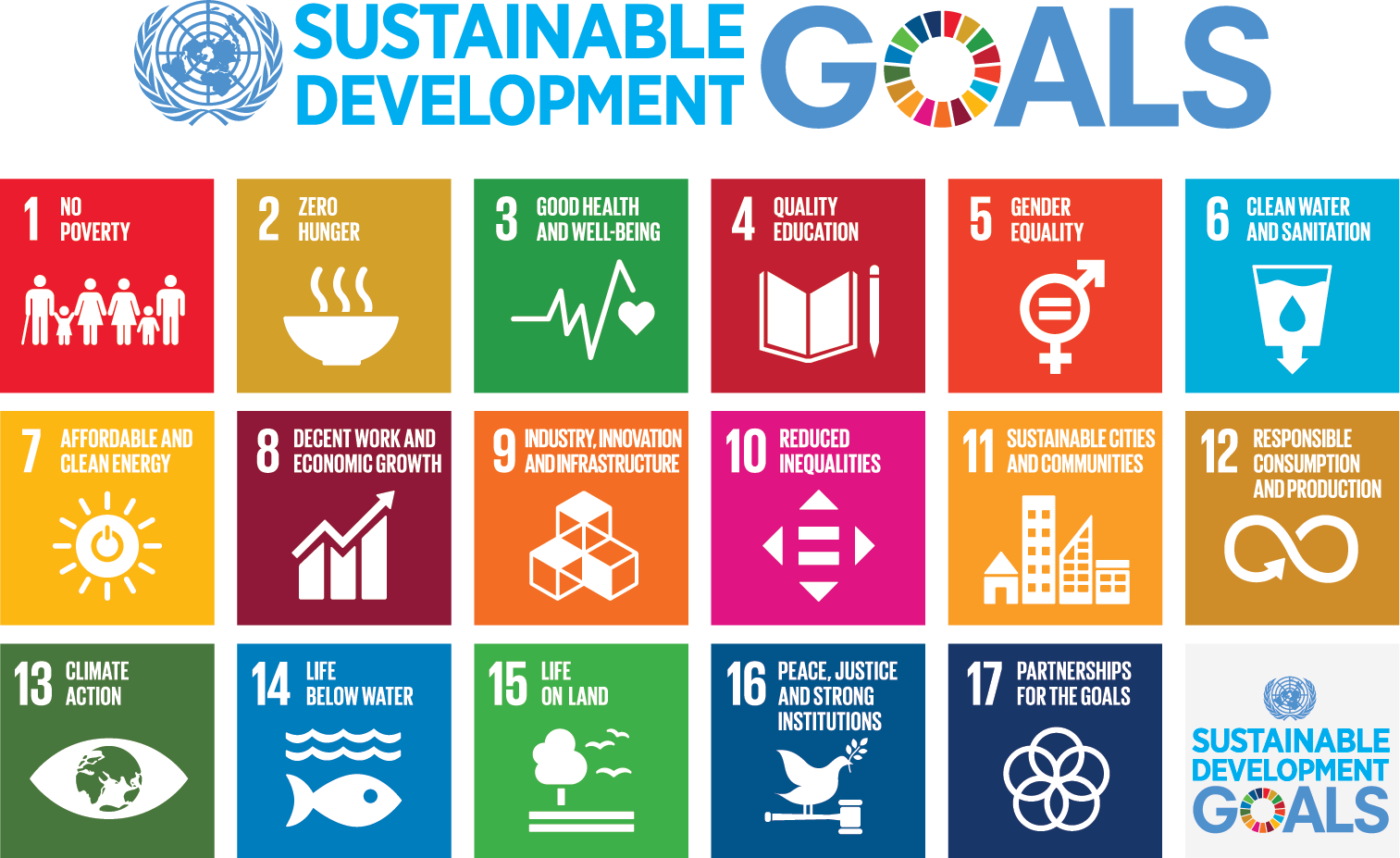
The adoption of the Paris Agreement in 2015 also demonstrates the commitment by the international community to address climate change. It is another call to action for every country to take ambitious actions and work together to limit global temperature rise this century to well below 2oC above pre-industrial levels, and strive to limit temperature increase to 1.5oC.
CHARTING THE NEXT STEPS FOR SINGAPORE
We need to act now to ensure that Singapore is prepared to seize these opportunities and overcome our challenges.
To prepare Singapore for the future, we must build 3 “Resiliences”:
| CLIMATE RESILIENCE | ECONOMIC RESILIENCE | RESOURCE RESILIENCE |
|---|---|---|
| Do our part to mitigate climate change and protect Singapore from its effects | Ensure our companies can thrive in the future economy in the face of climate change and growing resource constraints | Secure our critical resources, such as food, water and materials, through optimisation and recovery of treasure from trash |
To do so, Singapore will play our part in the global effort to protect our planet.
We have put forward an ambitious climate pledge under the Paris Agreement to reduce our emissions intensity by 36% below 2005 levels by 2030 and stabilise our emissions with the aim of peaking around 2030.
We are also committed to implementing the 17 SDGs under the Government’s long-term agenda, with the aim of uplifting our people’s lives while protecting the environment and ensuring social inclusion.
Our efforts in this Zero Waste Masterplan will particularly support:

In a resource- and carbon-constrained world, we need to adopt a circular economy approach, where scarce resources are valued and kept in use for as long as possible.
By conserving resources, we can also reduce greenhouse gas emissions from production and the incineration of waste. These will help mitigate climate change.
A circular economy approach will also provide new economic opportunities by creating synergies across the water, energy, food and waste sectors to enhance resource efficiency.
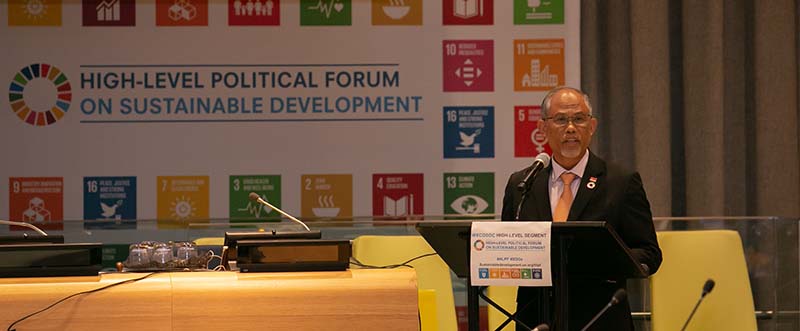 Minister for the Environment and Water Resources, Mr Masagos Zulkifli, presented Singapore’s first Voluntary
National Review of the SDGs at the 2018 United Nations High-Level Political Forum on Sustainable Development
Minister for the Environment and Water Resources, Mr Masagos Zulkifli, presented Singapore’s first Voluntary
National Review of the SDGs at the 2018 United Nations High-Level Political Forum on Sustainable Development
By investing in innovation, Singapore can become a leader in urban solutions for sustainable cities, similar to how the nation paved the way for water treatment technologies. These solutions can subsequently be exported to Asia and beyond.
Climate change is a clear and present danger and time is ticking away at our only landfill. There is a growing affirmation that sustainability is an issue that requires everyone to work together to ensure survival and success. The circular economy approach is the best, if not the only, way forward against these challenges. As we do this, Singapore will move closer towards our vision of a Zero Waste Nation.
https://www.towardszerowaste.sg/zero-waste-masterplan/chapter1/case-for-zero-waste/
